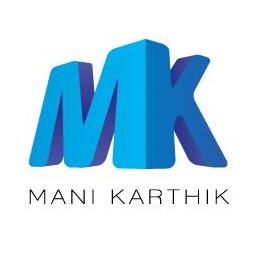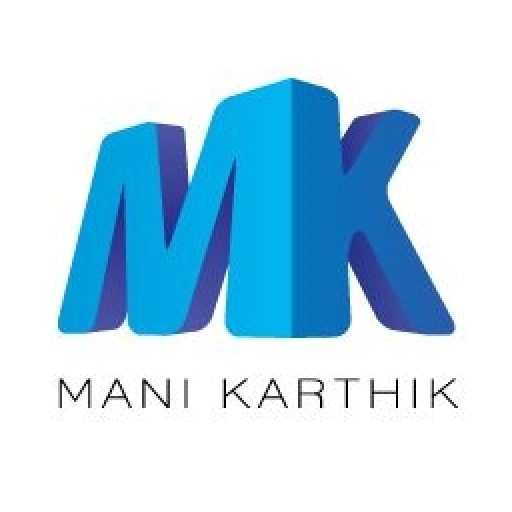SaaS SEO in 2025: Complete Guide for Founders
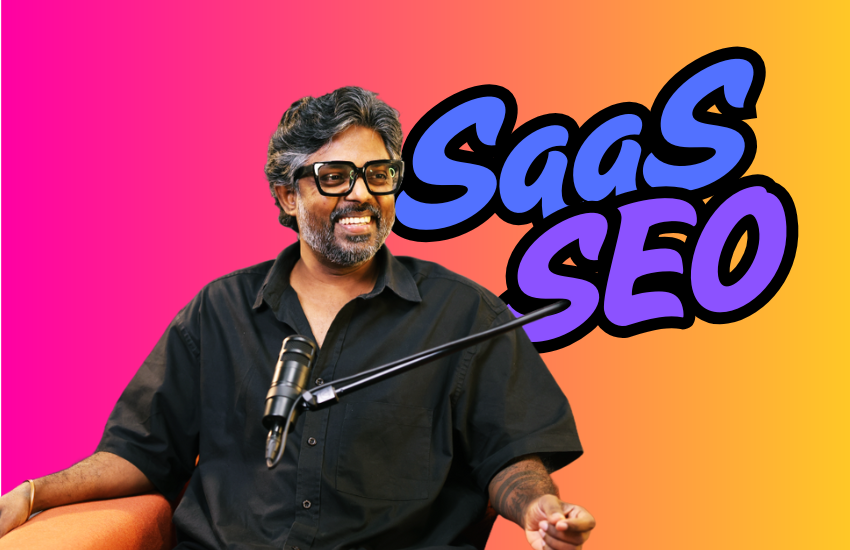
Your SEO playbook just expired.
AI Overviews now reach 1.5 billion users monthly across 200+ countries. In November 2024, they appeared in nearly 20% of searches. In major markets like the US, AI Overviews are driving over 10% increase in Google usage.
The “10 blue links” era is over.
I’ve been watching this shift since early 2024 when Google’s SGE was still in beta. Now it’s mainstream.
The SaaS companies adapting fastest are already seeing the upside. The ones clinging to 2023 tactics are hemorrhaging traffic.
Here’s what actually works in 2025.
The New Search Reality
AI Overviews Dominate Everything

AI Overviews now appear for 10.4% of U.S. desktop keywords and growing fast. They experienced a 119% increase on mobile in March 2025 alone.
But here’s the kicker: 99.5% of AI Overview sources come from the top 10 organic results.
Nearly 80% link to one of the top 3 ranking results.
Translation: ranking still matters. But the game has changed.
Traditional SEO focused on getting clicks. Now you need to win the AI lottery too.
Your content needs to be so good that Google’s AI chooses you as the definitive answer.
Answer Engines Are Eating Market Share
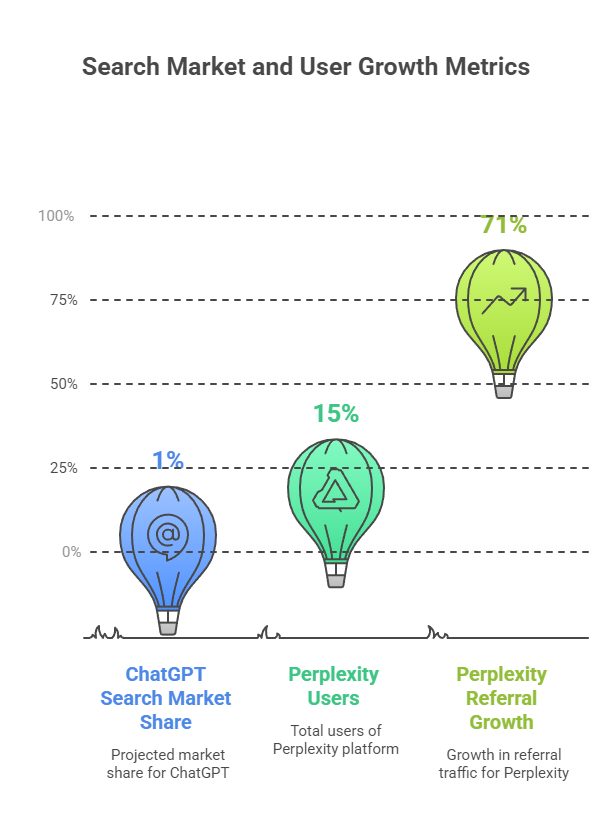
ChatGPT search is projected to capture 1% of the search market this year.
Perplexity has over 15 million users with 71% growth in referral traffic.
That’s millions of potential customers who aren’t even seeing Google anymore.
One analysis showed a 145x increase in referral traffic from ChatGPT just since June 2024.
These aren’t just early adopters anymore.
What Changed (And What Didn’t)
So, what really changed? What are Founders missing?
Industry Relevance Became Make-or-Break
Google has gotten remarkably good at understanding industry relevance. Publishing content outside your lane can actively hurt your SaaS SEO in 2025.
Remember when you could rank for “remote work productivity tips” because you sold project management software? Those days are done.
SaaS companies are losing significant traffic after algorithm updates have begun to prioritize industry relevance.
I’m telling clients to audit their content ruthlessly. If it’s not directly related to your core expertise, delete it or redirect it.
Successful SaaS companies are now creating in-depth content hubs around closely related topics where they have genuine expertise.
User Intent Precision Rules Everything
Matching search intent has always been a big ranking factor. But now it’s an absolute must if you want to rank consistently.
Google’s getting scary good at reading user satisfaction signals. They’re really good at figuring out if users are happy with what they find, likely using metrics like click-through rate, dwell time, and bounce rate.
The old “keyword density” playbook is worthless. Your content needs to solve the exact problem someone searched for. Nothing more, nothing less.
Video SEO Became Non-Negotiable
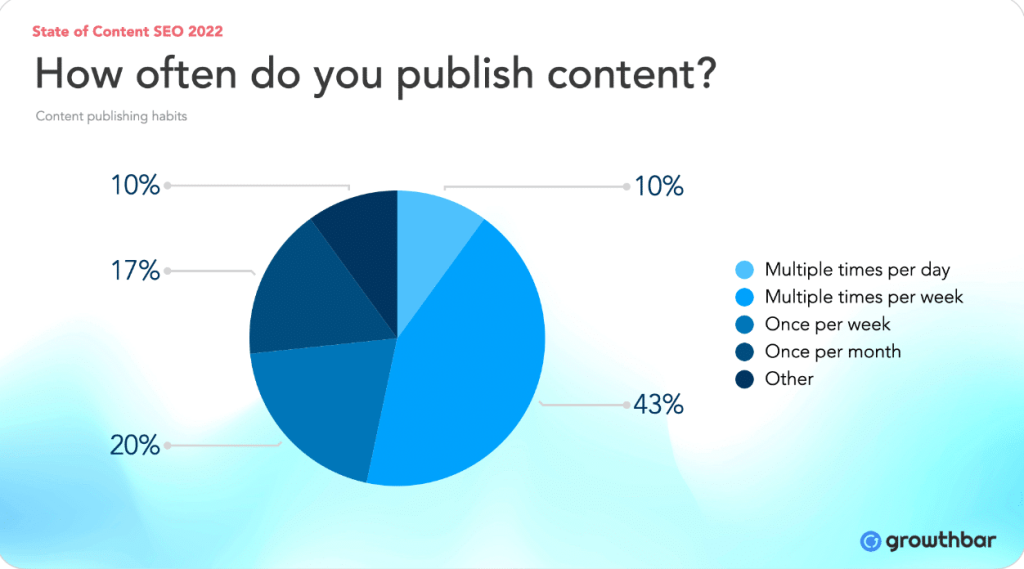
Source – Single Grain
Google increasingly ranks YouTube videos alongside traditional search results.
91% of SaaS businesses use video content as part of their SEO and marketing strategies.
But here’s what most companies miss: it’s not just about making videos. You need to optimize video titles, descriptions, and transcripts with relevant keywords and use schema markup to enhance video visibility.
I’ve seen B2B SaaS companies 3x their organic reach just by properly optimizing their demo videos for search.
The New SaaS SEO Strategy
In my experience helping SaaS brands, here’s what’s working for SaaS brands.
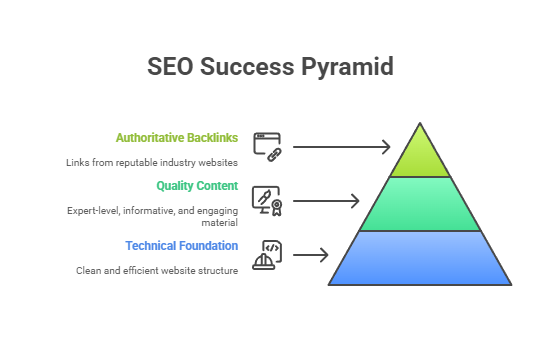
1. Optimize for AI Citations
Getting featured in AI Overviews isn’t luck. Websites that already perform well in regular organic search results tend to have an advantage in gaining visibility through AI Overviews.
Start with traditional ranking factors:
- Authoritative backlinks from industry sites
- High-quality, expert-level content
- Clean technical foundation
But then add the AI layer. Structure your content with clear, definitive answers. Target featured snippets by structuring content with clear, concise answers and use FAQ sections to provide quick, digestible insights.
It’s crucial because Google’s AI uses the early section of your content to determine what to display in its overview. Front-load your best insights.
2. Master Answer Engine Optimization
This is bigger than just Google now. You need to optimize for ChatGPT, Perplexity, and whatever comes next.
The secret? Become the most cited source in your niche.
LLMs use listicles as a way to quickly qualify and aggregate best of software lists and recommend solutions.
Get mentioned on high-authority comparison sites. Get featured in industry roundups. Build relationships with publications that matter in your space.
It is more important than ever to be mentioned on multiple of these high value domain lists and review directories.
3. Go Down-Funnel Hard
There is a new push to distribute mid and bottom-of-the-funnel content through search engines. Optimising for search and sales so content enables your sales team by leveraging customer research, questions, and objections from sales calls is important.
Stop obsessing over top-of-funnel traffic. Start ranking for the searches your prospects make right before they buy.
“[Your product] vs [competitor] pricing” “[Your product] implementation timeline”
“[Your product] security compliance SOC 2”
These searches have tiny volume but massive value. The companies winning at SEO in 2025 aren’t just ranking for keywords.
They’re answering the right questions at the right time with content that actually moves the needle.

4. Own Your Category Forums
In 2025, more users will look to forums for answers, especially if they’re put off by AI-generated replies. Reddit has seen an absolutely huge surge in its presence in Google.
Reddit, Quora, industry Slack communities, Discord servers. Your prospects are there asking real questions. Be the expert who shows up with real answers.
But do it right. Don’t spam. Add genuine value.
Expect more marketers to look for ways to attract customers from places like Reddit and Quora through direct engagement in those forums or by optimizing content and publishing it there.
What Still Works (Don’t Overthink It)
If that sounds similar to what you’ve been doing previously, here’s what still works from 2020.
Technical SEO Fundamentals
Technical SEO, local SEO, and targeted content creation remain essential. SaaS companies should improve site speed, mobile responsiveness, and Core Web Vitals.
Page speed, mobile optimization, proper schema markup. Boring stuff that still matters.
Utilize meta tags, alt texts, and schema markup for better indexing. The AI engines still crawl like traditional search engines.
Quality Backlinks From Industry Sites
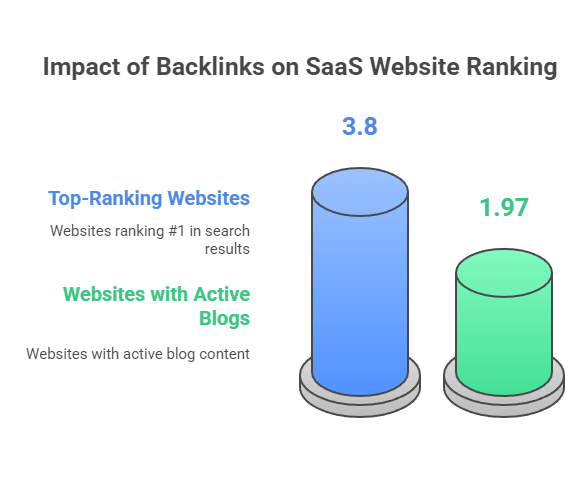
SaaS websites that rank #1 in search results have 3.8 times more backlinks than lower-ranking pages. SaaS websites with active blogs acquire 97% more backlinks than those without one.
But context matters more than ever. A mention in TechCrunch is nice. A detailed case study in your industry’s trade publication is gold.
Link building has made a bit of a comeback and a rebrand in 2024 as Digital PR. Focus on earning mentions, not buying links.
Content Clusters Around Expertise
B2B SaaS brands must adopt a topic cluster approach that involves creating content pillars around important topics and linking them with related articles.
Pick 3-5 topics you genuinely know better than anyone. Build comprehensive content hubs around each one.
Don’t spread thin. These hubs establish topical authority through comprehensive coverage rather than isolated articles on trending keywords.
The Numbers That Matter
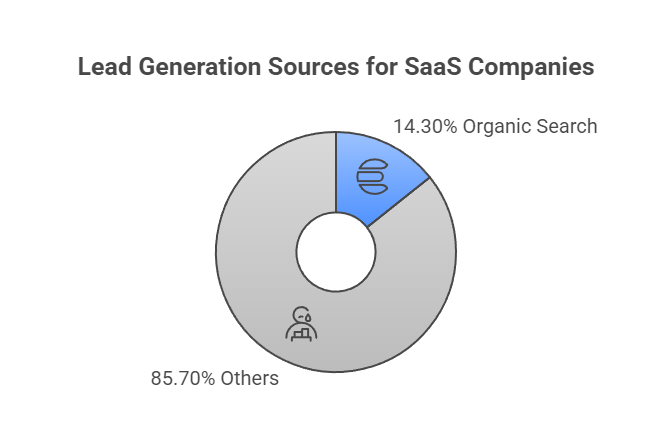
ROI Still Beats Everything
B2B SaaS companies achieve an SEO ROI of 702%, with a breakeven period of 7 months. SEO drives 14.3% of leads for SaaS companies through organic search.
Compare that to your paid acquisition costs. SEO’s getting more complex, but the economics still work.
70% of SaaS consumers believe SEO delivers better sales results than PPC advertising.
Content Volume vs. Quality
98% of SaaS companies have blogs. Publishing 6–8 SEO-focused blog posts per month helps SaaS companies build topic clusters.
But here’s the reality check: most of that content is worthless. SaaS SEO today has become extremely competitive.
How do you ensure your SEO game is not just good enough to get traffic but also ranks in search engines and LLMs?
Quality beats quantity every time. Better to publish 2 expert-level pieces per month than 8 mediocre ones.
What to Avoid in 2025
Here’s the scoop. There are few things from back then that you should avoid.
As in, these are absolutely bad.
Don’t Chase AI Tool Content
Every SaaS company is using ChatGPT to pump out blog posts.
The result? An ocean of generic content that says nothing.
Brands that know how to use AI to create better content, not just more content, are the ones that will win.
Use AI as a research assistant, not a replacement for expertise.
Don’t Ignore Traffic Quality
Keywords that trigger AI Overviews tend to be slightly longer in word count, and more likely to include clarifications, comparisons, or definitions – classic informational query shapes.
But informational traffic doesn’t buy software. AIOs primarily appear for informational queries, while the number of AIOs in transactional keywords is slowly rising.
Focus on searches with buying intent, even if the volume is smaller.
Don’t Panic About AI Traffic Impact
Although keywords with AI Overviews have higher-than-average zero-click rates, the trend is not consistently rising.
Between January and March 2025, zero-click behavior among these queries actually declined slightly.
We see that the links included in AI Overviews get more clicks than if the page had appeared as a traditional web listing for that query.
Good content still gets traffic. Sometimes more than before.
How to Start (This Week)
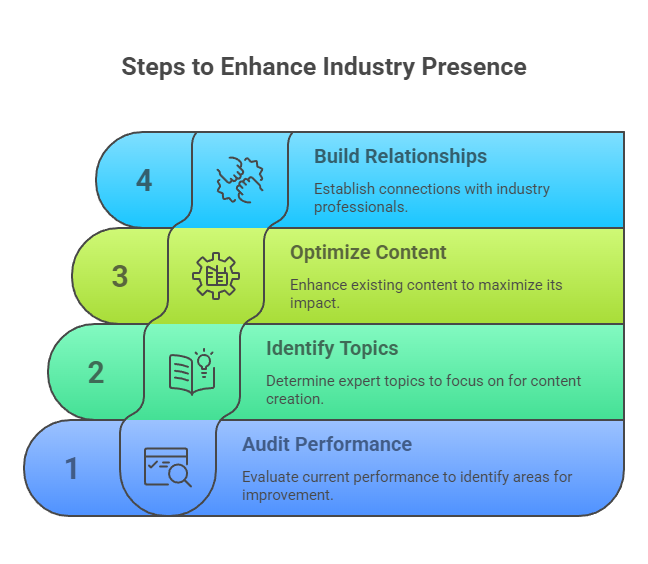
Having said that, what can you start doing right now?
Audit Your Current Performance
Track which of your pages appear in AI Overviews. Most SEO tools now have AI Overview tracking. If yours doesn’t, switch.
We will continue to track and report on the appearance of AI Overviews as more data becomes available. This data changes monthly.
Identify Your Expert Topics
What do you know better than anyone? What questions do your sales team answer every day?
Those are your content opportunities. Successful SaaS companies are now creating in-depth content hubs around closely related topics where they have genuine expertise.
Optimize Your Best Content
Take your top-performing pages. Add clear, definitive answers at the top. Structure them for AI consumption.
By requesting re-indexing through Google Search Console, your site can appear in AI Overviews within hours.
Start Building Industry Relationships
It is important that we align brand messaging and imagery across mentions. Get mentioned consistently across your industry.
Contribute to industry publications. Speak at conferences. Build relationships with analysts and journalists.
The Reality Check
SEO in 2025 is a different ball game. If you’re still thinking about SEO as keywords, meta descriptions, and the latest Google algorithm update, you’re going to be in for a rude awakening.
But here’s what hasn’t changed: quality content from real experts still wins.
SEO, especially when you’re B2B, is not a “let’s see how we do with a quick $500 test this month” channel. It’s longer-term than outbound or paid but has a far more sustainable cost per acquisition when done right.
The companies thriving in 2025 aren’t the ones with the biggest SEO budgets. They’re the ones creating content that’s so good, AI systems choose them as the definitive source.
Your competition is cranking out AI-generated fluff. Your opportunity is creating content that only a real expert could write.
The bar got higher. But for companies willing to clear it, the rewards are bigger than ever.
Want an honest assessment of where your SEO stands in 2025? I’ll audit your current approach and show you exactly what needs to change. No generic recommendations, just a real plan based on what’s actually working now.
